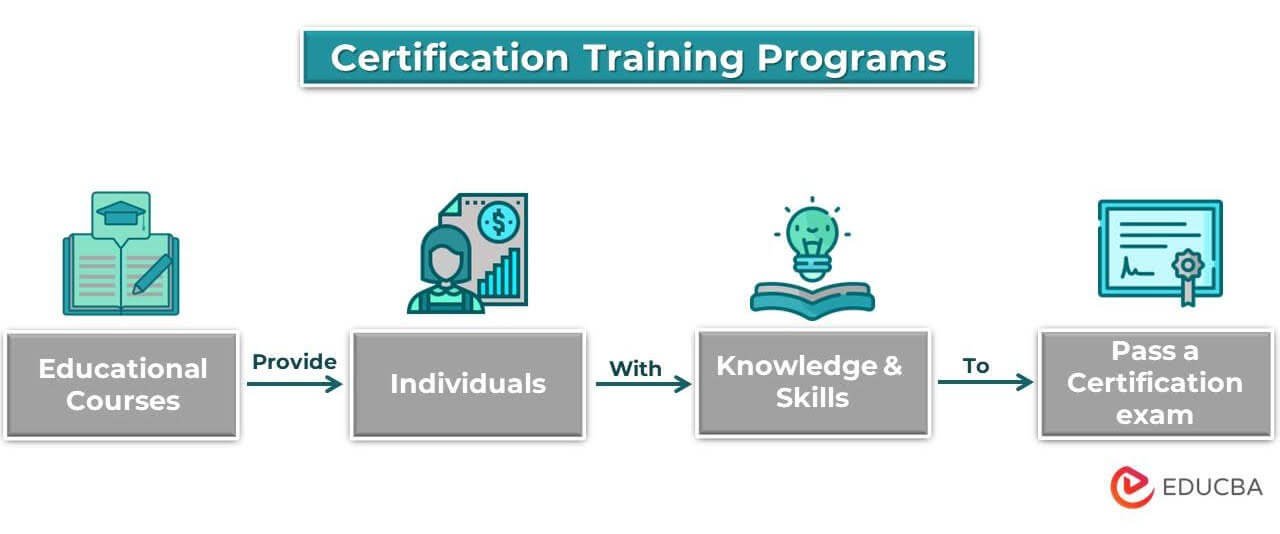Haptonomy, with its focus on the science of touch and emotional connection, requires specialized training to practice effectively. For those interested in becoming haptonomy practitioners, there are various educational paths and certification programs designed to provide comprehensive knowledge and skills. This article offers an overview of the available certification and training options for aspiring haptonomists.

Overview of Haptonomy Training
Haptonomy training programs are designed to equip practitioners with the theoretical and practical knowledge necessary to apply haptonomic principles in various settings, such as therapy, prenatal care, and personal development. These programs typically cover:
- Fundamentals of Haptonomy: Training begins with an introduction to the core principles of haptonomy, including the theory of touch and its effects on emotional and psychological well-being.
- Practical Techniques: Students learn hands-on techniques for applying haptonomy in therapeutic contexts, including guided touch exercises, emotional attunement practices, and methods for enhancing interpersonal connections.
- Ethics and Professionalism: Training programs emphasize ethical considerations and professional standards in haptonomy practice, ensuring that practitioners maintain a respectful and compassionate approach.
Certification Programs
Certification in haptonomy typically involves completing a structured program that includes coursework, practical experience, and assessments. Key components of certification programs include:
- Educational Courses: Certification programs usually require completion of a series of courses covering both theoretical knowledge and practical skills. These courses may be offered in-person or online, depending on the program.
- Supervised Practice: Aspiring haptonomists are often required to complete a certain number of supervised practice hours, where they apply haptonomic techniques under the guidance of experienced practitioners.
- Examinations: Certification may involve written and practical examinations to assess the practitioner’s understanding and application of haptonomy principles.
- Continuing Education: Many certification programs require ongoing education to ensure that practitioners stay current with the latest developments in the field.
Notable Haptonomy Certification Programs
- International Institute of Haptonomy (IIH): The IIH offers comprehensive training programs in haptonomy, including certification courses for practitioners. Their programs are recognized internationally and include both theoretical and practical components.
- European School of Haptonomy: This institution provides training and certification in haptonomy across Europe, with a focus on integrating haptonomic practices into therapeutic and personal development contexts.
- Haptonomy Association: The Haptonomy Association offers various certification paths for professionals, including courses and workshops designed to enhance skills and knowledge in haptonomy.
- Haptonomy Training Institutes: Various regional and national institutes provide certification programs tailored to local practices and regulations. These programs often collaborate with international bodies to ensure quality and consistency.
Career Opportunities for Certified Haptonomists
Certified haptonomists can pursue various career paths, including:
- Therapists and Counselors: Applying haptonomy techniques in therapy and counseling to support emotional well-being and interpersonal relationships.
- Prenatal and Postnatal Care Providers: Integrating haptonomy into prenatal and postnatal care to enhance bonding between parents and infants.
- Healthcare Practitioners: Using haptonomy in medical and therapeutic settings to improve patient care and support.
- Educators and Trainers: Teaching haptonomy principles and techniques to others through workshops, courses, and training programs.
Conclusion
Becoming a certified haptonomist involves a commitment to specialized training and ongoing education. By completing certification programs, practitioners gain the skills and knowledge necessary to apply haptonomy principles effectively, enhancing emotional connections and well-being in various contexts. As the field of haptonomy continues to grow, certified practitioners play a vital role in advancing its applications and benefits.





What up guys! I found 777vipph8activety today and thought it was super cool. Like so much fun, I’m gonna spend some time here: 777vipph8activety
655betapp, apps are always handy! Fingers crossed it’s fast, user-friendly, and doesn’t drain my battery. A good app is a game-changer! Download here: 655betapp
68wim huh….I give it a try once. Had some good luck. Worth checking maybe. I really liked the theme. See for yourself 68wim and have fun!!
Alright, so I hopped onto 777betcasino and gotta say, it’s got a decent vibe. Games are pretty straightforward, and I didn’t run into any major hiccups. Could use a little more pizzazz, but overall, not bad for a quick gamble. Check it out at 777betcasino.
Thank you for your sharing. I am worried that I lack creative ideas. It is your article that makes me full of hope. Thank you. But, I have a question, can you help me? https://www.binance.info/es-AR/register?ref=UT2YTZSU